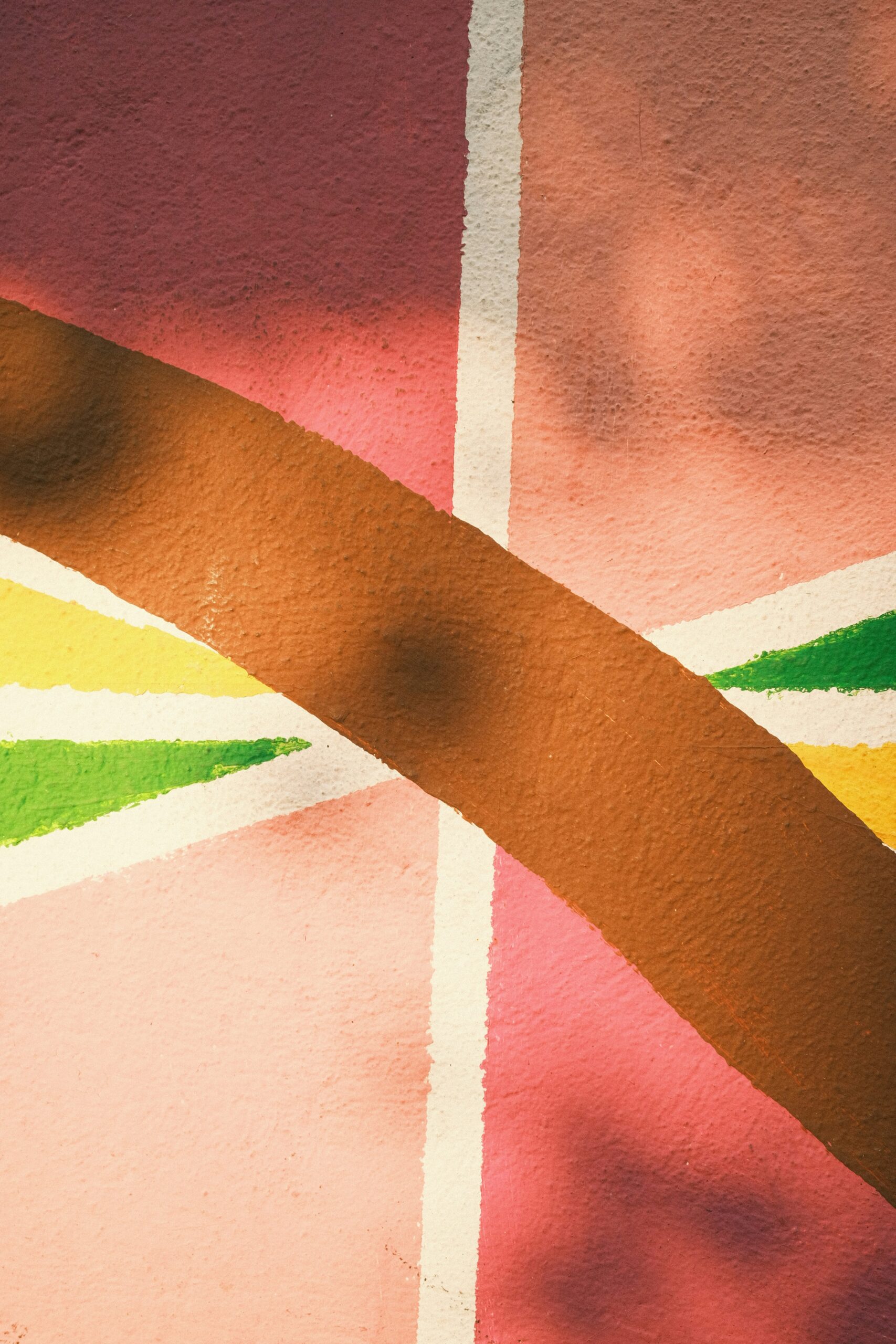Creative Commons was once the go-to platform for people who wanted to share their creative work—music, writing, images—because it was about giving others free rein to remix, use, and be inspired. There was a real sense of community and trust: people shared openly, knowing their work would be appreciated by fellow creators, students, and audiences worldwide.
In recent years, though, that spirit has been shaken. The rapid rise of artificial intelligence meant that open content, posted for fellow humans, suddenly turned into easy pickings for giant AI datasets. Massive amounts of CC-licensed work ended up training corporate models—often with little or no credit, no compensation, and no real acknowledgment of the creators’ intent.
This wasn’t what most participants in the Creative Commons movement envisioned. Works were contributed for people—not for machines. Now, many creative communities are asking, “Is sharing still safe? Is it just feeding the next AI tool that may never even mention where its creative roots came from?”
The arrival of CC Signals, Creative Commons’ attempt to let creators express how they want their work treated by AI, has been met with mixed feelings. On one hand, it’s a positive step—a way to state preferences about AI training, attribution, or even compensation. But the signals aren’t enforceable. They rely on the goodwill of corporations, and by the time they emerged, most leading AI models had already learned from a mountain of open content. For many, it feels like closing the door after the horses have bolted.
The result? Trust in open sharing is on shaky ground. Some creators are pulling their work off public platforms, or turning to more restricted licenses and paywalls, hoping for a little more control. The digital commons that once promised freedom and possibility now feels, for some, like a resource stripped for parts.
For Creative Commons, the challenge ahead is real: rebuilding faith that “open” doesn’t have to mean “out of control.” Will the commons adapt and remain vibrant in the era of AI—or will it gradually fade as creators look for new ways to protect not only their rights, but also the meaning behind sharing? That’s the question echoing throughout creative communities today.

Comment